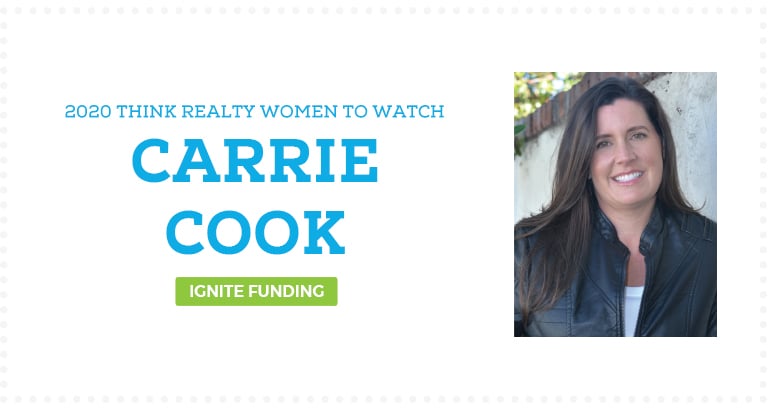Breaking the Glass Ceiling and Conquering Success in a Male-dominated Industry
Carrie has over 18 years of real estate expertise, specializing in private lending. She also holds a mortgage broker license from the Arizona Department of Financial Institutions and the Nevada Mortgage Lending Division, as well as a Retail Trust Company license from the Nevada Financial Institutions Division.
Carrie embarked on her inspirational journey at Ignite Funding after the real estate crash. She joined the company as president when nobody believed the company could survive. While most were running from the fire, Carrie put on the necessary protective armor and ran into the burning building and rebuilt the company from scratch.
With her proven abilities and remarkable skills, she later joined Preferred Trust as the CEO and rebuilt it. Working at Preferred Trust broadened her knowledge of custodial services, IRS guidelines, and banking regulations.
Carrie’s Distinctive Approach to Maintaining Transparency
Carrie sees transparency as a chance to allocate resources wisely, create increased value for customers and communities, and ensure the companies’ long-term success. She believes that certain principles universally enhance transparency in business, whether you’re a small business owner or part of a large corporation.
Carrie also believes authenticity is crucial. Adding unnecessary embellishments to transparency efforts can distract from the main message or even cause harm. Instead, it’s vital to demonstrate expertise and authenticity both as a company and as individuals. Rather than relying on generic imagery or paid referrals, providing insight into the people behind the business helps build trust.
Carrie stresses the importance of disclosing relevant information to those affected. Keeping essential details limited to a “need-to-know” basis can harm reputations when they inevitably become public knowledge.
Furthermore, Carrie advises taking prompt action when issues arise. Addressing problems proactively often demonstrates accountability and helps maintain trust with stakeholders, preventing the spread of negative assumptions.
To read the rest of this article and its entirety, you can do so by clicking here.



